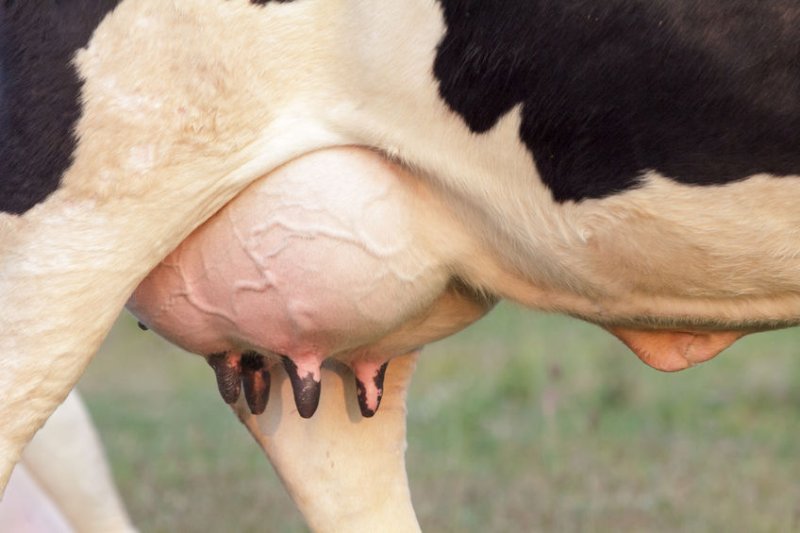
Britain's milking herd was at its lowest number on record for the month of October, according to new figures published by AHDB.
A total of 1.64 million head was recorded for October 2024, the lowest number recorded for that month, and a 0.9% fall compared to the same month the previous year.
The GB herd total came to 2.55 million head, a year-on-year decline of 1.5%. A fall was seen across all age groups, with the exception of the 2–4-year age bracket.
AHDB said that culling of older cows helped to maintain the average age of a cow in the GB milking herd at 4.55 years, very slightly younger than last year’s figure.
Dairy cows between 2-4 years of age were the only category to see an increase, having risen by 2,000 head (+0.3%) year-on-year, as calves born from the youngstock boom of 2021 progress into the milking herd.
All other age categories of the GB milking herd recorded year-on-year declines in numbers, the levy organisation explained.
The greatest change was seen in the youngstock group (<2 years old), which decreased by 23,000 head (2.5%).
Annabel Twinberrow, AHDB analyst, said this downward trend had generally been the case since October 2022.
"This is likely to be a reflection of farmers better judging their dairy replacement heifer needs, enabling them to increase their serving of beef semen," she said.
"When milk prices were low many will not have looked to be increasing their herd size so will have decreased use of dairy semen.
"We are likely to see the effect from lowered youngstock numbers take place from 2025 onward, as fewer younger heifers mature into the milking herd."
Optimistically, the currently improved milk prices and easing of input costs may incentivise producers to look to grow numbers to some extent.
Much of the decline came from cows between the ages of 6-8 and over 8 years, totalling a loss of over 16,000 head, while cull cow prices have generally been favourable.
"Positively, this indicates a shift toward greater herd efficiency by focussing on younger cows and making use of improved genetics," Ms Twinberrow concluded.
